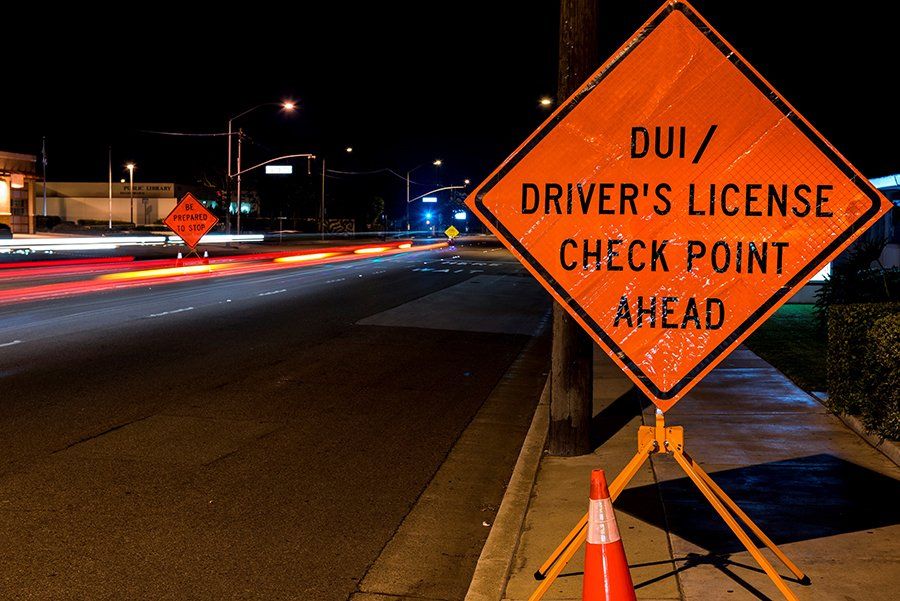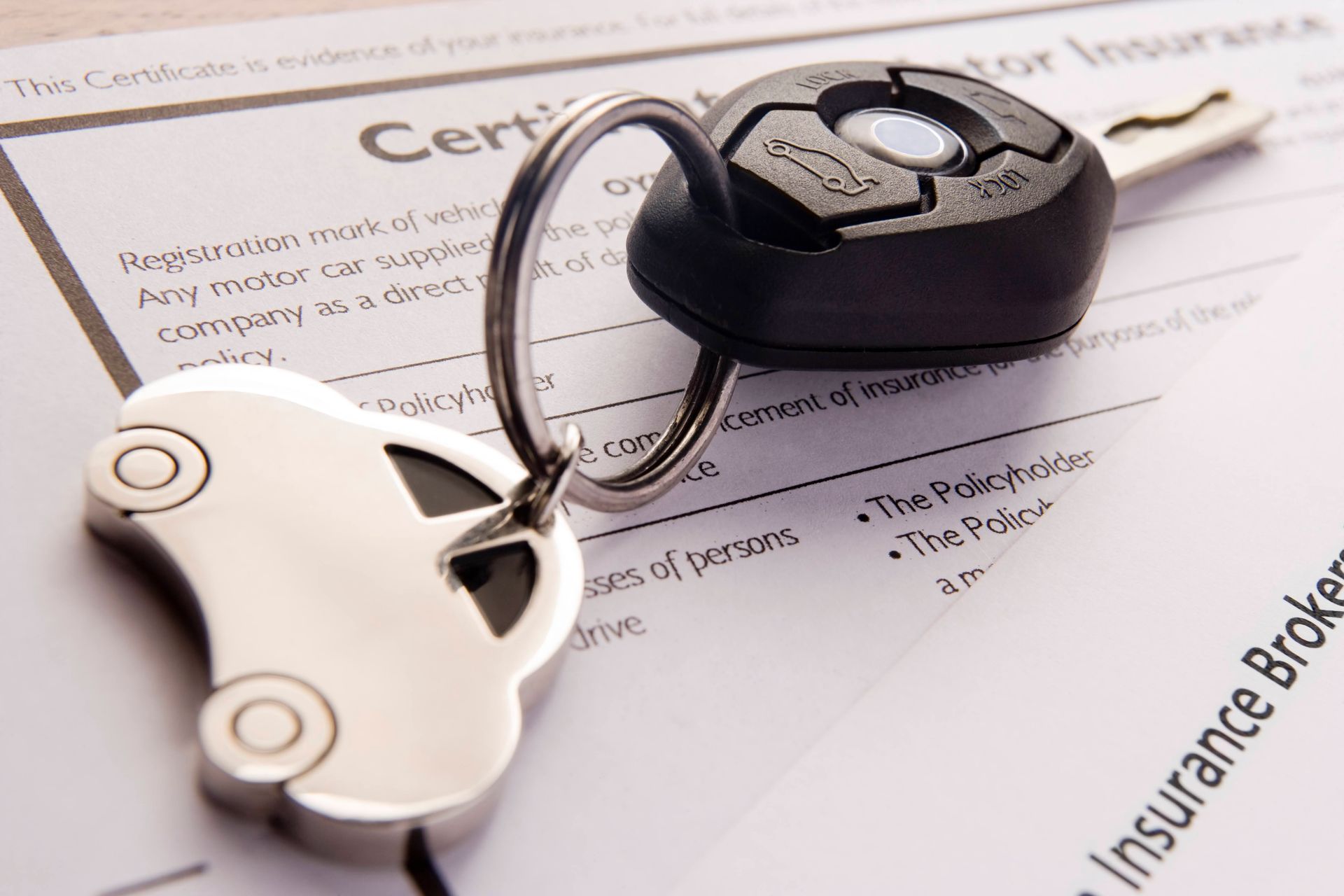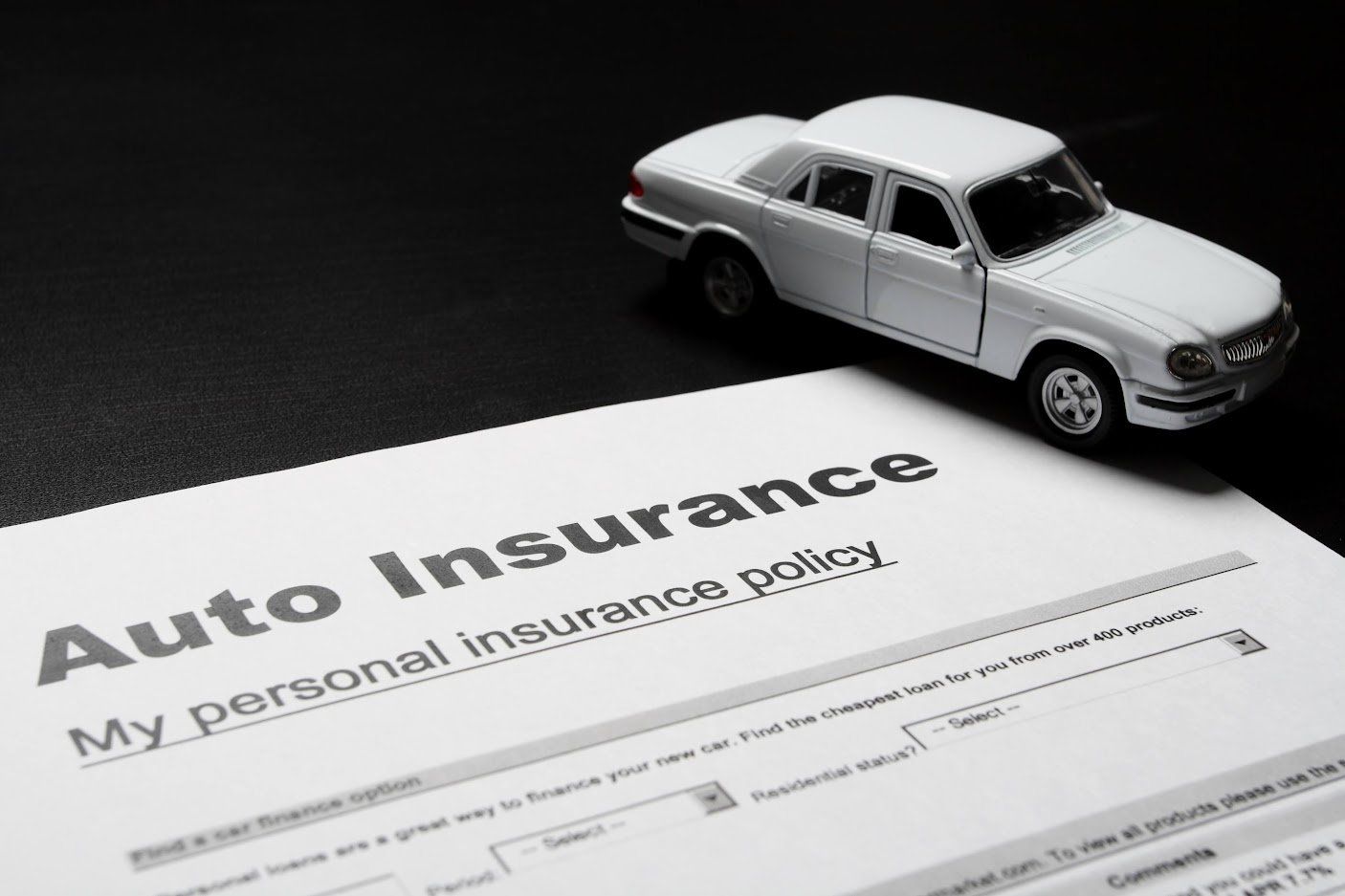Getting Back on the Road After a DUI

If you're convicted of driving under the influence in Illinois, you may suffer a variety of administrative and criminal consequences, even as a first-time offender. When you get back on the road after a DUI, you'll need to make sure you meet all of the requirements to begin driving again to ensure you don't jeopardize your license or vehicle registration.
What Are the License-Related Penalties for a DUI?
The penalties for a DUI vary in Illinois depending on the circumstances and how many prior DUI offenses a driver has.
While a criminal court will impose criminal penalties, such as probation, jail time, fines, and community service work, administrative penalties will happen automatically for drivers who failed or refused chemical testing.
In Illinois, a driver who is 21 years old or older and commits a DUI violation as a first-time offender will incur a one-year administrative license suspension. This type of suspension is also referred to as a statutory summary suspension. Underage drivers have their license suspended for two years for their first DUI offense.
Second and third DUI offenses come with longer license suspensions — five years and ten years, respectively. Drivers who had a passenger under 16 years old in the vehicle at the time of the offense may incur harsher punishments as well.
Illinois criminal courts can also suspend a driver's license for a DUI conviction. Any time that a license is suspended as a statutory summary suspension, it typically counts toward the suspension time ordered by a court-imposed license suspension. Court-imposed suspensions may have additional requirements for license reinstatement.
How to Reinstate Driving Privileges
Illinois requires motorists who are convicted of DUIs to follow several steps before they can get their licenses back and have their driving privileges reinstated.
Drivers convicted of DUIs must undergo a drug and alcohol evaluation and most drivers must enroll in an alcohol or drug-related traffic school to learn more about various topics such as the effects of drugs and alcohol on driving, as well as how to avoid drug and alcohol-related traffic offenses in the future.
People who have had their licenses suspended due to a DUI must also pass any required written and practical driving tests, pay their license application and restoration fees, and appear at an informal hearing with an officer from the Secretary of State to show that you will avoid DUI violations in the future.
Illinois residents who get their licenses reinstated after a DUI must also submit proof of financial responsibility insurance. This kind of insurance is typically known as SR-22 insurance.
How to Obtain and File SR-22 Insurance
After a DUI conviction and subsequent license reinstatement, drivers must keep an SR-22 form on file with the Illinois Secretary of State for three years. SR-22 insurance includes extra coverage to minimize the risk to other drivers should you be involved in an accident.
The state of Illinois does not regulate or sell SR-22 insurance, nor do all auto insurance providers offer it. Drivers must check with their insurance companies and either add an SR-22 form to an existing insurance policy or get a quote for a new policy that includes the SR-22.
The insurance agency submits a request for an SR-22 certificate to be sent to the Secretary of State's office once the driver pays for the insurance policy.
Drivers who do not maintain an SR-22 for 36 months following a DUI may be subject to additional license suspension time, fines, and other penalties. The law requires insurance companies to notify the Secretary of State if the insurance expires or the insured cancels the insurance.
Clover Insurance Agency offers affordable home and automobile insurance throughout the Chicagoland area. If you need an SR-22 or have questions about getting insurance after a DUI, contact us today for a free auto insurance quote.














